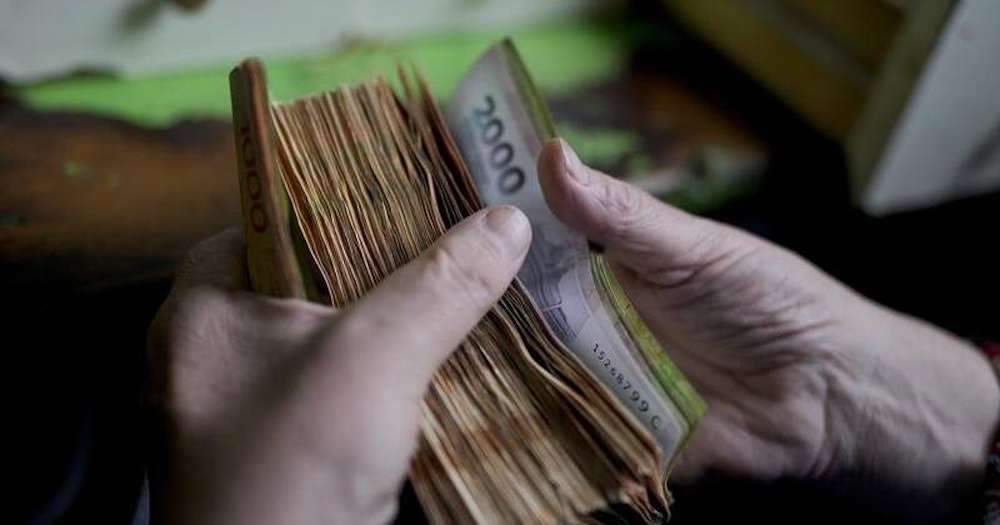President Javier Milei’s austerity drive has contributed to stabilizing Argentina’s economy; however, financial pressures continue to escalate for both consumers and businesses. In recent weeks, banks have begun to observe initial indications of credit deterioration. In March, overdue credit card balances rose to 2.8 percent, marking the highest level in three years. Simultaneously, defaults on personal loans increased to 4.1 percent, the highest rate observed in nine months, as reported by the country’s Central Bank. The incidence of bounced cheques is increasing as well. Overall, bad debt charges across Argentina’s financial system have reached a five-year peak when measured as a share of total assets, according to data from the Central Bank. Stress is also accumulating among corporates, as a rise in business defaults indicates further challenges on the horizon.
The findings highlight several challenges that Milei encounters as his administration advances with assertive fiscal tightening. “It’s a yellow light.” “Credit collection is becoming more difficult,” said Gastón Rossi, director of Banco Ciudad de Buenos Aires, one of the country’s biggest banks. Just over a year and a half since Milei took office, households are experiencing pressure from stagnant wages and persistent inflation, which continues to operate in double digits despite recent declines. In light of these circumstances, the volume of bounced cheques reached its peak in April, marking the highest figure since the onset of the Covid-19 pandemic five years prior, exceeding 64,000 in total, accompanied by a rejection rate of 1.3 percent in relation to the overall number of cleared cheques. In 2024, the ratio in the United States was recorded at 0.8 percent, as per data from the US Federal Reserve.
On the corporate side, firms across sectors including industry, retail, construction, and entertainment — particularly exporters — are experiencing pressure from declining consumer spending and diminishing profit margins. Firms that previously benefited from leveraging peso loans and capitalizing on exchange rate disparities are currently facing difficulties. A significant number of individuals have similarly been deprived of access to a previously profitable capital market, which was sustained by exchange controls. Local investors, who have long been keen to acquire dollar-denominated or dollar-linked corporate debt as a safeguard against currency risks, are now exercising greater selectivity. The removal of restrictions has provided them with fresh opportunities to dollarise their portfolios.
Meanwhile, a recent wave of corporate defaults has prompted sharper scrutiny of issuers and instruments alike, with companies like Albanesi SA missing interest payments and Celulosa Argentina SA warning of a bond default. Citrus producer San Miguel AGICI announced on May 13 that its most recent debt issue on the local market was voided, while Petrolera Aconcagua Energía SA opted to seek funds from overseas investors to raise US$250 million, but encountered minimal demand. The credit jitters represent a concerning trend for Milei, who is approaching midterm elections in October. The outcome of the vote will convey an important message to investors regarding the extent of public backing for the libertarian president’s austerity agenda.
“Milei’s administration faces a tough choice ahead of the elections: stabilise or stimulate,” said Banco Ciudad’s Rossi. “The government has opted to bring down inflation as quickly as possible, aiming for the lower rate by October, even if real wages stagnate or dip slightly,” he said.

